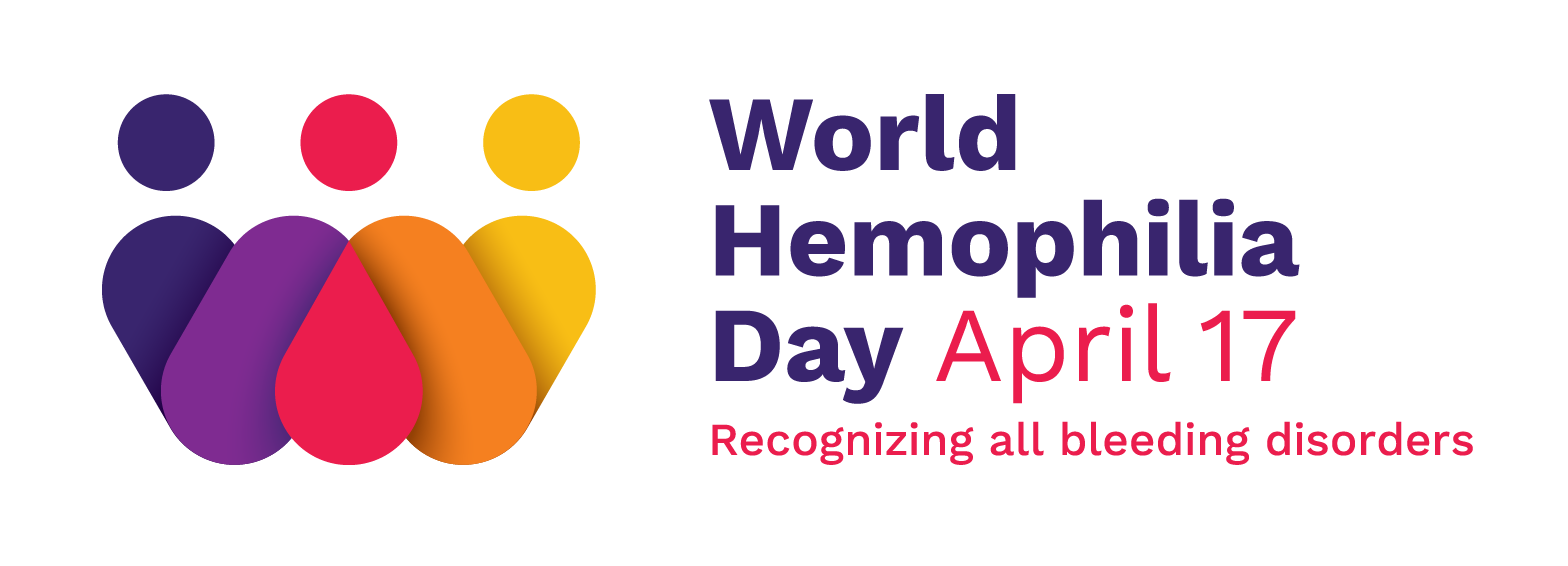“A Silent Bleed, A Silent Loss”
As a Clinical Haematologist dedicated to serving patients with bleeding disorders, I often meet individuals whose lives have been shaped by unrecognized or untreated conditions. Recently, I encountered a deeply moving case that reminded me how crucial awareness and early diagnosis truly are.
A young woman was admitted to the gynaecology ward during her first postnatal period with uncontrolled bleeding from a surgical wound following an emergency hysterectomy. Her story unfolded tragically: after a Caesarean section, excessive bleeding began and could not be controlled even after uterine closure. The obstetric team, in a desperate attempt to save her life, had no choice but to perform a hysterectomy.
When I was consulted, I delved deeper into her medical history. She revealed she had experienced heavy menstrual bleeding (menorrhagia) since menarche. Yet, due to social stigma and lack of awareness, neither she nor her family ever sought medical advice. Her symptoms were normalized, explained away by vague cultural beliefs and silence.
Unfortunately, that silence cost her dearly—her ability to become a mother was taken away in a moment that should have brought her joy. What could have been managed with timely diagnosis and care turned into irreversible loss.
This story is a painful but powerful reminder: bleeding disorders in women are underrecognized, under diagnosed, and often hidden behind shame or misinformation. We must speak up, educate, and ensure that no one loses their future to a treatable condition.
On this World Hemophilia Day, let us reaffirm our commitment to break the silence, raise awareness, and advocate for early diagnosis and care for all—especially the women and girls who bleed unseen.

